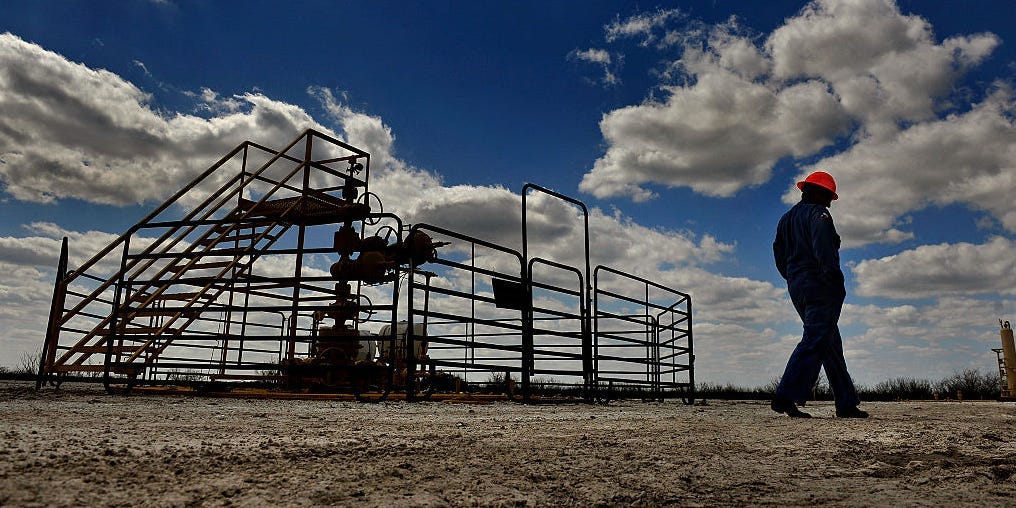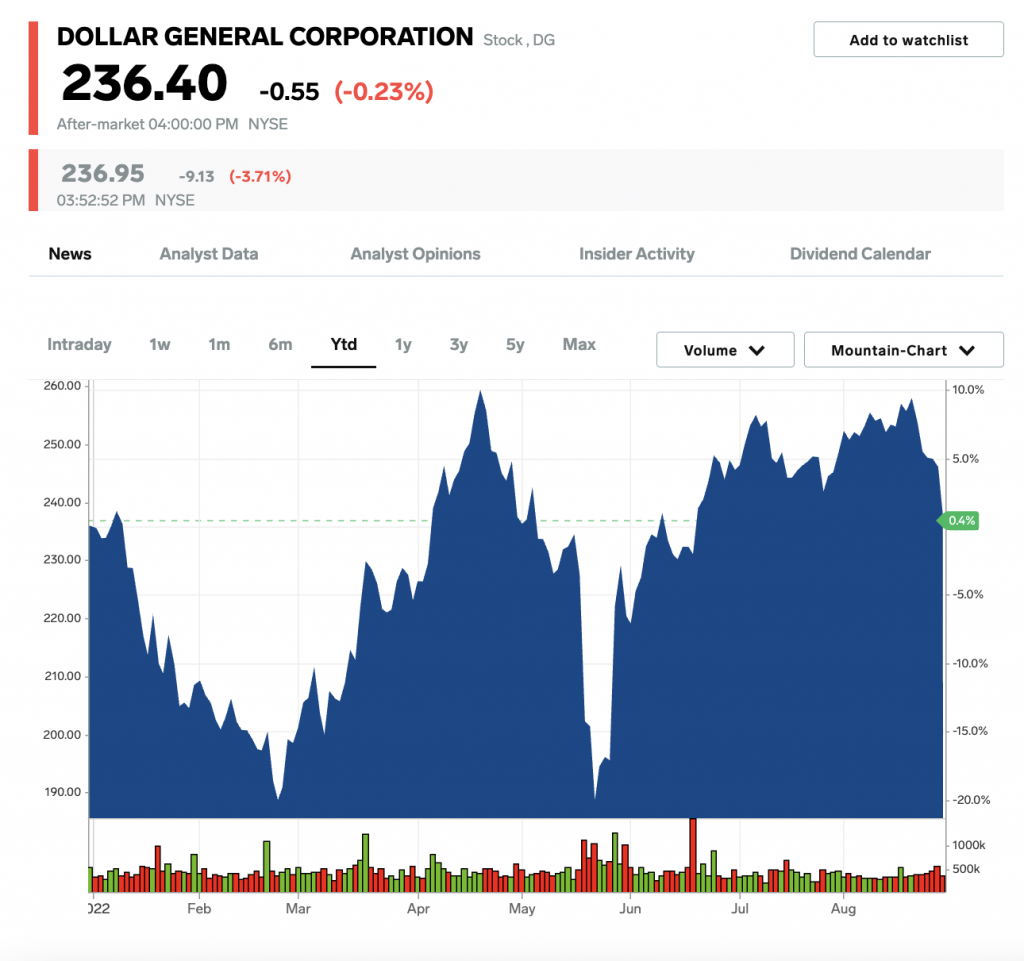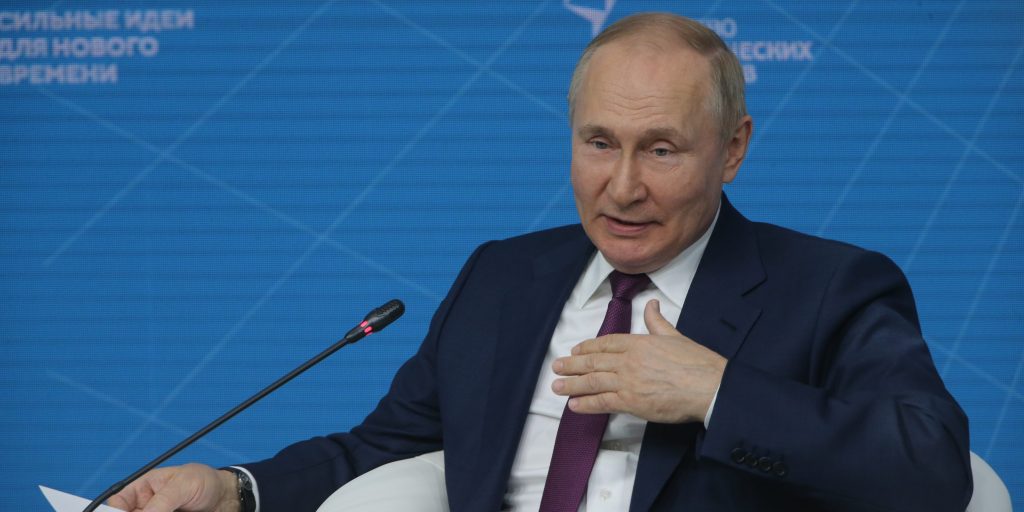Welcome back, readers. I'm Phil Rosen, reporting from New York.
It's not easy to get a prediction dead wrong — especially on a matter of global importance — but in this case, a whole handful of banks called it wrong on the trajectory for Russia's economy.
Six months ago, Wall Street giants had predicted Russia's economy to resemble a trainwreck in the aftermath of Western sanctions.
That isn't quite what happened. In fact, some data actually point to strength emerging from Moscow's economy.
Let's get started.
If this was forwarded to you, sign up here. Download Insider's app here.
1. Top investment banks rushed to predict Russia's economic downfall when Vladimir Putin first ordered the invasion of Ukraine six months ago, but analysts have since had to walk back some of their forecasts.
The current data coming out of Moscow "does not point to an abrupt plunge in activity," JPMorgan strategists wrote in note.
The firm changed its tune recently after it had forecast in March that Russia's GDP would drop 35% in the second quarter:
"The GDP profile, therefore, looks increasingly likely to be consistent with a drawn-out, but not very sharp recession."
Soaring crude exports and high prices have been a boon for the Russian economy, and the IMF said the Kremlin's program to keep unemployment low has been effective so far.
Moscow's ability to pivot toward Asian customers for exports has also helped insulate it from Western sanctions that were expected to crush the economy.
Goldman Sachs had said five months earlier that Russia would struggle to find new trading partners amid war — but China and India, among others, have emerged as big buyers of Russian energy commodities.
India alone has seen a 900% increase in those supplies since February.
All the while, the EU still hauls in 2.8 million barrels a day despite its own sanctions on Moscow, Bloomberg data shows.
And factory and services data, too, show the Russian economy is chugging along at a steady clip.
Strategists at Goldman previously highlighted that Russia's composite Purchasing Managers Index suggested steep economic declines loomed.
Immediately after the invasion, that figure slid from 50.8 in February to 37.7 in March.
But later, the same data returned to growth territory.
The most recent number came in at 52.2 — one more signal of a strong economy that stands in stark contrast to Wall Street's expectations.
Where do you see Russia's economy heading from here? Email [email protected] or tweet @philrosenn.
In other news:

2. US stocks are moving lower Monday, with each of the major indexes down 1% in pre-market. Shares appear on track on continue last week's declines following hawkish comments from Jerome Powell at Jackson Hole. According to CME's FedWatch tool, traders are increasingly betting on a 75 basis point hike in September. Here is your market wrap.
3. On the docket: Agricultural Bank of China, BYD, CITIC Securities, and more, all reporting. Plus, keep an eye on the Fed's Lael Brainard delivering comments this afternoon.
4. The head of asset allocation at UBS shared why the US economy could be gearing up for a bull-run like the "roaring 20s." Jason Draho is optimistic in the long-run because there's renewed government spending on infrastructure and companies are investing in themselves. Here's the full rundown of his 10 reasons for an economic boom.
5. The SEC announced a preliminary agreement to allow US officials to audit Chinese firms. US inspectors may travel to China and Hong Kong to start their examinations in September. Further non-compliance with US rules would put about 200 companies at risk of US delistings.
6. Russia's gas storage is 91% full for the winter while Europe is still scrambling to secure its supply before the cold weather hits. Stockpiles remain elusive for European nations amid the worsening energy crisis. According to data from Energy Monitor, the continent's gas storage sites are at 67% of their maximum capacity — up from last year but not on target to ensure supply in the event of a Russian gas halt.
7. The Fed only needs another 100 basis points of rate hikes as the economy is already showing signs of slowing, according to Wharton's Jeremy Siegel. The professor told CNBC Friday that the four rate hikes so far have helped cool the economy, and the Fed's preferred inflation gauge, Personal Consumption Expenditures, came in softer than expected. Here's what you want to know.
8. This 21-year-old was able to purchase a house in large part because of a homebuying program in Utah. The firefighter received a $20,000 loan from his city seven months ago to put toward a house. As the housing market continues to reflect uncertainty, these five states offer similar down-payment assistance programs.
9. Metaverse projects have raised $115 billion in venture funding since 2010. A senior PitchBook analyst explained to Insider's Morgan Chittum why top firms like Andreessen Horowitz and Coinbase Venture continue to plow into digital projects — but acknowledged that enthusiasm has "unquestionably cooled" in 2022.

10. A growing number of wealthy people are shopping at Dollar Tree and Dollar General as inflation weighs on wallets. Both companies saw higher sales and profits in their most recent quarterly reports. Dollar Tree's CEO said a majority of its new customers have household incomes of at least $80,000. Get the full details here.
Keep up with the latest markets news throughout your day by checking out The Refresh from Insider, a dynamic audio news brief from the Insider newsroom. Listen here.
Curated by Phil Rosen in New York. (Feedback or tips? Email [email protected] or tweet @philrosenn).
Edited by Max Adams (@maxradams) in New York.
